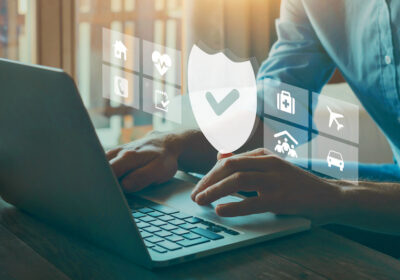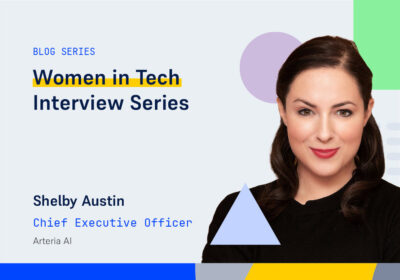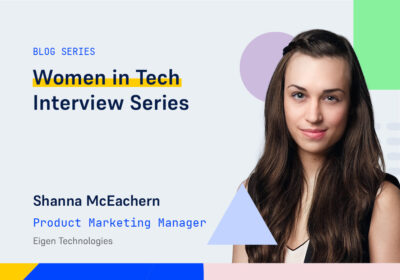Recognizing Neurodiversity Celebration Week 2023
By Ellie Maidment – Software Engineer at Eigen – on behalf of our D&I Committee
It’s Neurodiversity Celebration Week and here on the Eigen D&I committee, we thought it was important to mark the occasion in all three of our office locations.
Neurodiversity Celebration Week is a worldwide initiative that challenges stereotypes and misconceptions about neurological differences. It aims to transform how neurodivergent individuals are perceived and supported by providing schools, universities, and organizations with the opportunity to recognize the many talents and advantages of being neurodivergent, while creating more inclusive and equitable cultures that celebrate differences and empower every individual.
Did You Know?
- Many neurodiverse conditions are present from birth, and although diagnosis can happen during childhood, many individuals reach adulthood before being diagnosed or go through life being undiagnosed. It’s also recognized that any neurocognitive profile that is not ‘neurotypical’ can be included. These might include mental health or an acquired brain injury for example.
- 1 in 7 people has a neurodivergent condition. It’s estimated that in the global adult population that 10% have Dyslexia, 5% have Dyspraxia, 5% have ADHD and 1-2% have Autism Spectrum Disorder and 1-2% have Tourette Syndrome.
- According to research done by Deloitte, organizations that make an extra effort to recruit, retain and nurture neurodivergent workers can gain a competitive edge from increased diversity in skills, ways of thinking and approaches to problem solving.
- The diagram below (credit to Dr Nancy Doyle) provides a simplified view of common examples of neurodiversity, though individual experiences, overlaps and abilities vary significantly person-by-person.
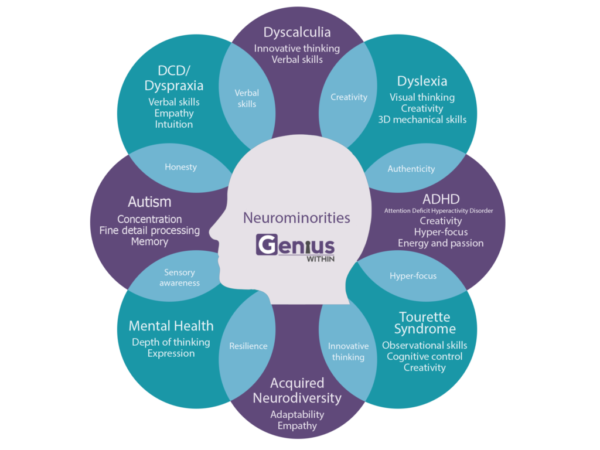
We wanted to share the experiences of two neurodiverse colleagues here at Eigen, Ellie Maidment who is a Software Engineer and Tom Cahn, who is Director of Communications.
Ellie’s story:
I have ADHD, which has been present all my life, but I only received an official diagnosis four years ago. I’d previously been diagnosed with a combination of anxiety and depression, and it turned out that they were the result of unmanaged ADHD. It often presents differently in women and girls; we tend to go overlooked in our formative years. I was often dismissed as scatty and impulsive; a disorganised daydreamer, so I learned to mask a lot of my symptoms, which would lead to burnout because I couldn’t naturally conform to neurotypical standards.
Getting a diagnosis was life changing, I finally have an explanation for so many aspects of my life and day-to-day struggles and have been able to implement some coping strategies. I’ve also been able to finally discover what my strengths are and find ways to use them. It took a long time to get to this point but I’m glad I eventually did.
Tom’s story:
I’m dyslexic and still trying to work out if that name is deliberately badly designed for us to find it impossible to spell! I was diagnosed young at about seven and was very lucky that my parents and school worked hard to get me the support I needed. This was not the norm back in the 1990s, where dyslexia was routinely undiagnosed and the support was patchy at best. I was very fortunate that that was changing by the time I got to high school and the support I did get allowed me to go on and study a literature-based subject.
The impact of dyslexia is unique to the individual. I’ve developed lots of coping strategies and shortcuts down the years to manage it. I still struggle with spelling, so word processing software is very important to me. I also really struggle to pronounce something that I see spelt but have never heard verbally. Like most dyslexics I’m a very visual person. I feel very lucky that I got support from so young to allow me to manage my dyslexia and even make it an edge, particularly at a place like Eigen which is wonderfully neurodiverse.
We’ve only scratched the surface as to what Neurodiversity is, but there are so many resources out there to help individuals and businesses – below are just a few of them to give you a starting point for further reading.
ASD Resources:
UK: https://www.autism.org.uk/
US: https://autismsociety.org/
Portugal: https://www.fpda.pt/
Dyslexia Resources:
UK: https://www.bdadyslexia.org.uk/
Portugal: https://www.dislex.co.pt/ or https://dyslexiaportugal.com/
ADHD Resources:
UK: https://www.adhdfoundation.org.uk/
Portugal: https://spda.pt/ ;
Dyspraxia Resources:
UK: https://www.dyspraxiauk.com/
Portugal: https://www.itad.pt/dispraxia/...
Thanks for taking the time to understand, value and celebrate the talents of neurodiverse minds with us during Neurodiversity Celebration Week!
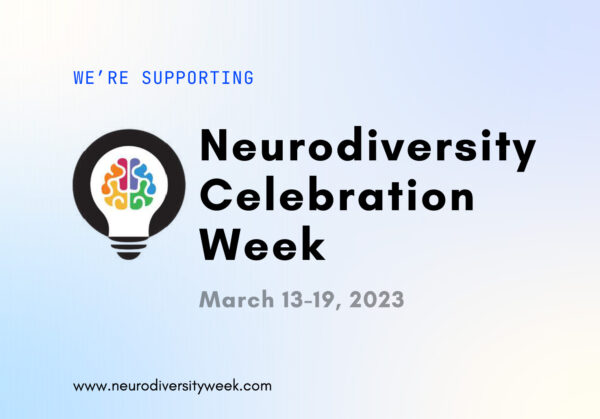
-
World Economic forum 2020
-
Gartner Cool Vendor 2020
-
AI 100 2021
-
Lazard T100
-
FT Intelligent Business 2019
-
FT Intelligent Business 2020
-
CogX Awards 2019
-
CogX Awards 2021
-
Ai BreakThrough Award 2022
-
CogX Awards Best AI Product in Insurance
-
FStech 2023 awards shortlisted
-
ISO27001
-
ISO22301
-
ISO27701
-
ISO27017
-
ISO27018
